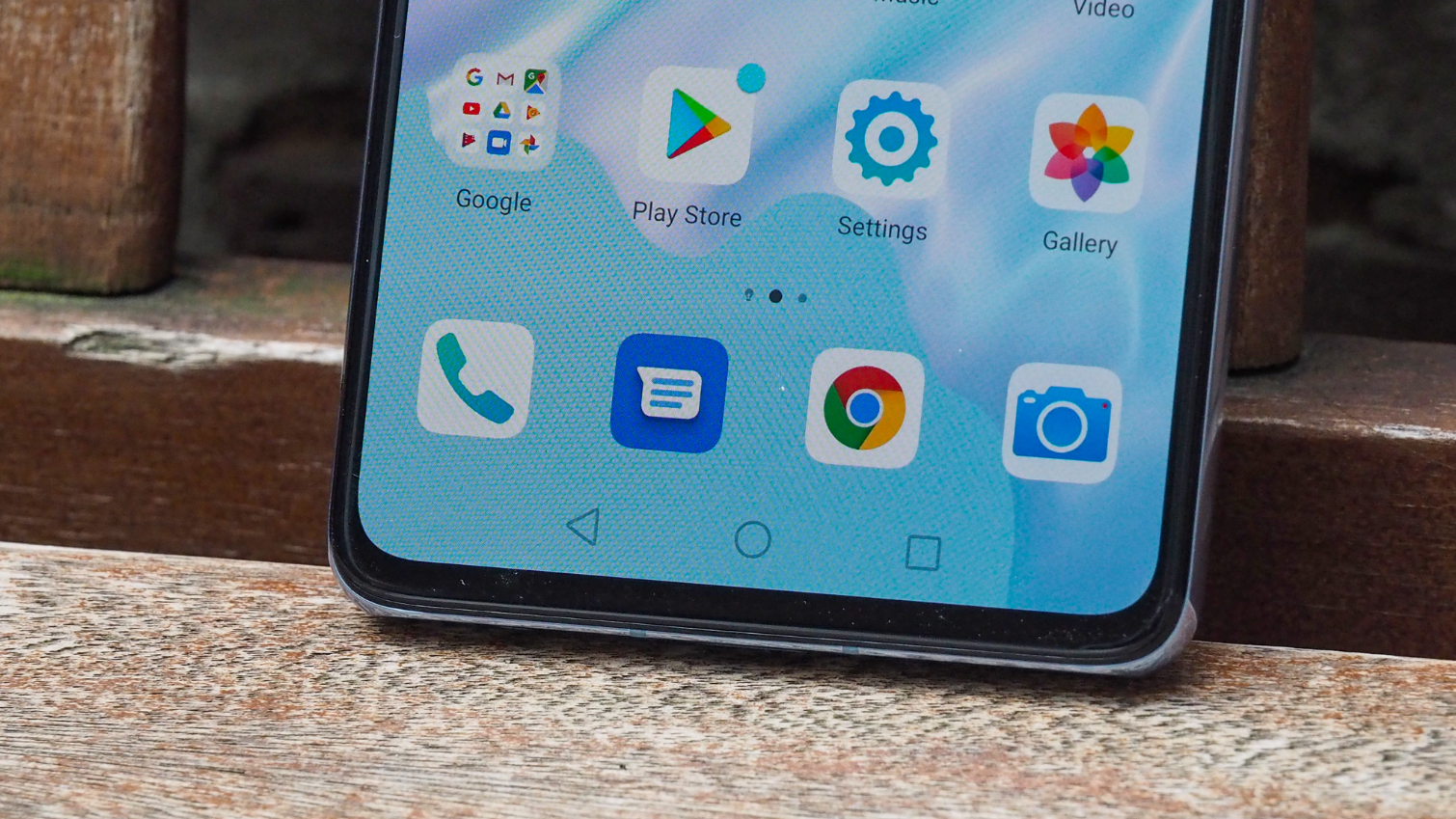Google Ending Huawei’s Android License After Trump Order (Update: Huawei Responds)
A report from Reuters says that Google may stop giving Huawei access to Android updates and that future phones from the company could lack access to Google Play and other apps as a result of Trump administration orders.
Update 7:15 p.m. ET: Added additional details about the government easing some of its restrictions.
Huawei may be about to feel the sting from the Trump administration's move to block U.S. companies from doing business with the Chinese electronics giant. Reuters reported Sunday (May 19) that Google is suspending any business with Huawei that involves the transfer of hardware or software not covered by open-source licenses.

That's not going to impact Huawei's ability to use the Android operating system on its phone, as that's part of an open source license. But Reuters reports that Huawei won't be able to access updates to Android for its current phones. Future phones would lose access to the Google Play store as well as apps like Gmail, according to Reuters.
"We are complying with the order and reviewing the implications," a Google spokesperson told Tom's Guide. "For users of our services, Google Play and the security protections from Google Play Protect will continue to function on existing Huawei devices.”
MORE: Best Smartphones - Here Are the 10 Best Phones Available
Google's move comes in the wake of an executive order from President Donald Trump barring U.S. companies from using telecommunications equipment supplied by any company the government considers a threat to U.S. security. At the same time, the U.S. Commerce Department added Huawei to the Bureau of Industry and Securities Entity List, which requires U.S. companies to get the government's permission to sell or transfer technology to Huawei.
On Monday, the government eased some of those restrictions, including allowing Huawei to continue to provide software updates for existing phones that use technology from U.S. companies. That move would seem to mean that anyone with a Huawei phone won't be cut off from software and security updates right away, though the restrictions have only been lifted through August, according to reports. Google has said it will continue to providing software updates and security patches to Huawei while the government's restrictions are lifted.
Sign up to get the BEST of Tom's Guide direct to your inbox.
Get instant access to breaking news, the hottest reviews, great deals and helpful tips.
The impact
Losing access to Google's products would be a big blow for Huawei, which has passed Apple to become the world's second largest maker of smartphones. Huawei's pulled off that growth despite the fact that it's largely ignored the U.S. market, where carriers have declined to sell its phones, reportedly under pressure from the federal government. The last Huawei phone to officially launch in the U.S. was the Mate 10 Pro in early 2018, though the more recent Huawei P30 Pro is available unlocked from some U.S. retailers if you buy the Latin American version of the phone.
"U.S. government pressure has kept Huawei off U.S. carrier shelves, but Huawei and its Honor subsidiary has been the fastest growing brand in Europe, with over 20% market share," said Avi Greengart, lead analyst at Techsponential. "Huawei sells phones across the pricing spectrum, but most of its phones outside China are in the midrange and higher; flagship phones comprise 30% of its European sales."
Greengart noted that another Chinese phone maker, ZTE, ran into similar problems last year after it was hit with a ban from using technology made in the U.S. for defying a ban on exporting products to Iran and North Korea. ZTE had to suspend operations for a time, and while it's since resolved the dispute with the U.S. government, it's only released a handful of phones in this country since then.
Huawei isn't the only one likely to feel the pinch from the U.S. ban. "U.S. technology companies that count Huawei as a large customer will lose out on revenue and growth," Greengart said. "Huawei’s device sales have been rising rapidly, which ripples throughout its supply chain."
And U.S. tech companies could find themselves in the crosshairs from China, if the country decides to retaliate against U.S. trade policies. "Huawei is not just a large company, it one of the few Chinese companies with an international brand, and it is a source of national pride for the Chinese," Greengart added. "If the Chinese government wants to retaliate for trade restrictions crippling Huawei, it could target Apple. This would not be without cost – Apple is a big employer inside China, and has good relationships with the government. However, Apple is also a big target, as 17% of its revenues come from sales inside greater China."
Huawei reacts
Huawei provided the following comment:
“Huawei has made substantial contributions to the development and growth of Android around the world. As one of Android’s key global partners, we have worked closely with their open-source platform to develop an ecosystem that has benefited both users and the industry.
"Huawei will continue to provide security updates and after-sales services to all existing Huawei and Honor smartphone and tablet products, covering those that have been sold and that are still in stock globally.
"We will continue to build a safe and sustainable software ecosystem, in order to provide the best experience for all users globally.”
Not just Google
While Huawei has enjoyed strong sales in other parts of the world, that's potentially threatened if its phones won't have access to future Android updates or if future devices won't be able to access Google Play. And following word that Google was suspending some of its business dealings with Huawei, Bloomberg reported that several chipmakers — including Intel, Qualcomm and Broadcom — have told employees that they're not supplying Huawei with components any more.
"Huawei can bypass Qualcomm as it makes some of its own processors and modems, but it cannot sell smartphones outside China without Google’s Android operating system, Google’s Play store, and regular software and security updates," Greengart said.
Philip Michaels is a Managing Editor at Tom's Guide. He's been covering personal technology since 1999 and was in the building when Steve Jobs showed off the iPhone for the first time. He's been evaluating smartphones since that first iPhone debuted in 2007, and he's been following phone carriers and smartphone plans since 2015. He has strong opinions about Apple, the Oakland Athletics, old movies and proper butchery techniques. Follow him at @PhilipMichaels.

